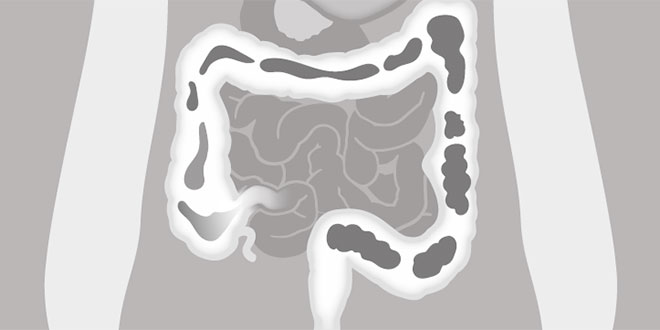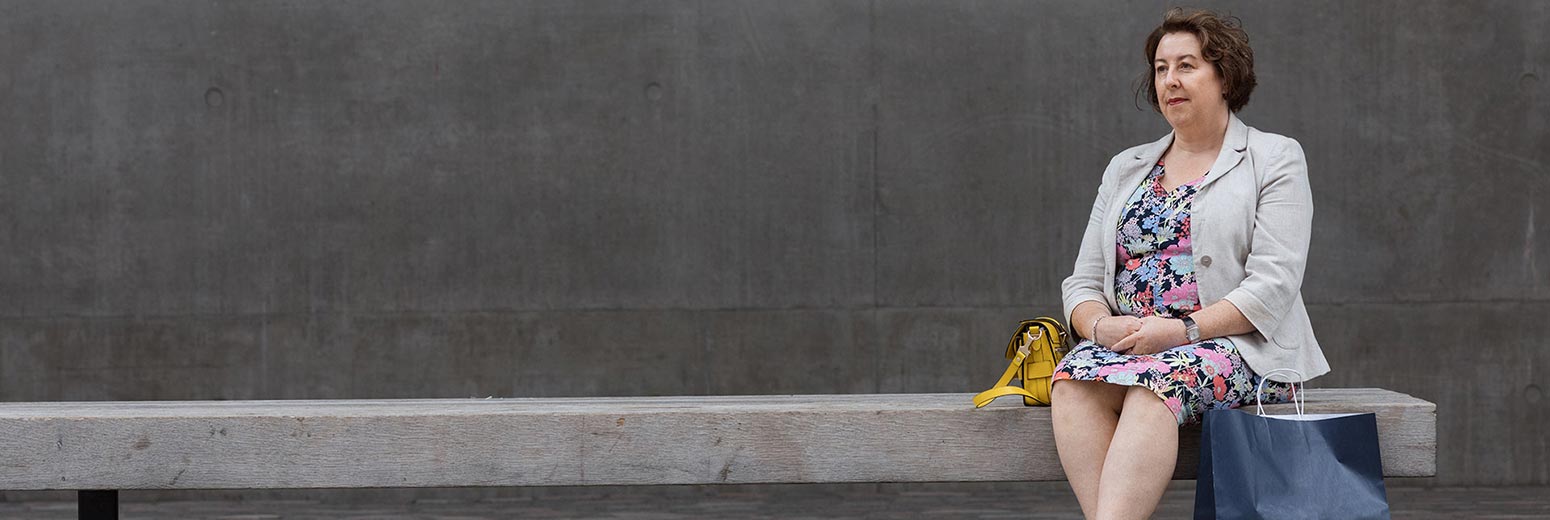We've all experienced bowel issues from time to time but we usually feel better after a couple of days. However, for some people, this is not the case, and bowel dysfunction remains a chronic and reoccurring issue.
Why does bowel dysfunction occur?
Bowel dysfunction refers to the inability to control bowel movements, including problems with frequency and consistency of bowel movements.
When our bowels function normally, a full rectum triggers nerve signals that are sent to our brain, making us aware that it’s time to find a toilet. When ready, the external sphincter relaxes, and stool is expelled. Normal bowel control depends on the proper function of your pelvic muscles, rectum (the lower end of the large intestine), sphincter muscles (the muscles in the anus), and nervous system. Bowel incontinence is usually caused when one or more of these stop working properly.
The two most common types of bowel problems are chronic constipation and faecal incontinence. You may experience either or both at the same time:

Chronic constipation
The time it takes for food to pass through the digestive system is called ‘the transit time’. It changes from person to person, but the average transit time for women is 2.4 days and 1.9 days for men.
Constipation occurs when the stool remains in the large bowel, for longer than usual. In other words, the stool is passed less frequently than normal. Symptoms vary from person to person, but can include difficulty passing stool (which may involve straining), spending longer on the toilet than normal, and painful defecations when passing hard, dry or large stools.
Faecal incontinence
Faecal incontinence may occur temporarily during an occasional bout of diarrhea. However, for some people, faecal incontinence is a chronic and recurring problem which describes the inability to control bowel movements, causing the stool to leak unexpectedly. There are two types of faecal incontinence:
People with this condition may be unable to stop the urge to defecate, which comes on so suddenly that they don't make it to the toilet in time. This is called urge incontinence. Another type of faecal incontinence occurs in people who are not aware of the need to pass stool. This is called passive incontinence.
Urge incontinence:
When suffering from urge incontinence, the urge to go to the toilet comes so sudden that you don't make it to the toilet in time, resulting in accidental and involuntary soiling.
Passive incontinence:
Another type of faecal incontinence is called passive incontinence. When you have passive incontinence, leakage occurs without you knowing it. If you have passive incontinence, your body may not be able to sense when your rectum is full and needs to be emptied.
Bowel Management should be predictable and controlled
No matter what type of faecal incontinence you are experiencing, we understand that it can have a significant impact on your life. However, find comfort in knowing that bowel control problems are manageable and treatable.


